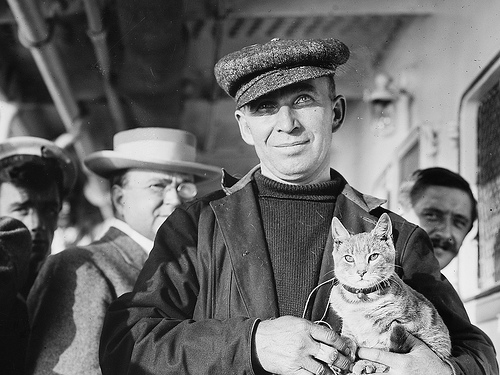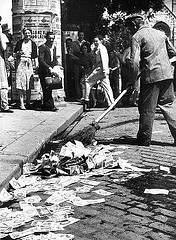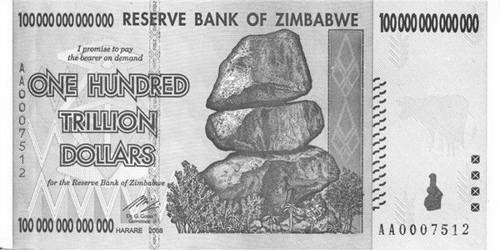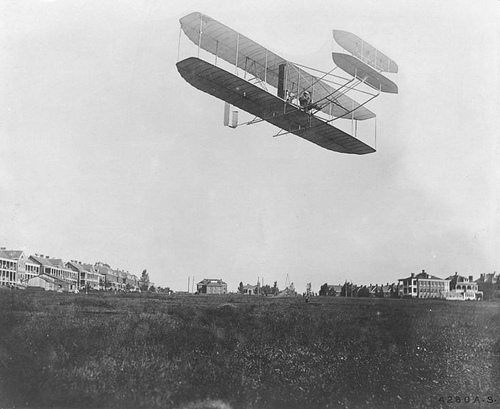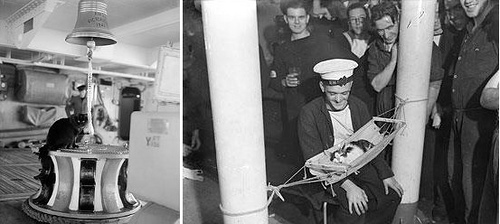
British sailors had some furry help during World War II. Tiddles (left) spent his whole life aboard Royal Navy aircraft carriers, traveling some 30,000 miles with them. He was born at sea on HMS Argus and was later promoted to captain’s cat on HMS Victorious. He’s pictured in July 1942 at his favorite station, on the after capstan, where he could play with the bellrope.
Convoy, the ship’s cat on HMS Hermione, was so named because he often accompanied the ship on convoy escort duties. He was listed in the ship’s book and given a full kit, including his own hammock. He went down with 87 of his shipmates when the Hermione was torpedoed in 1942.
“In a cat’s eyes,” runs an English proverb, “all things belong to cats.”

